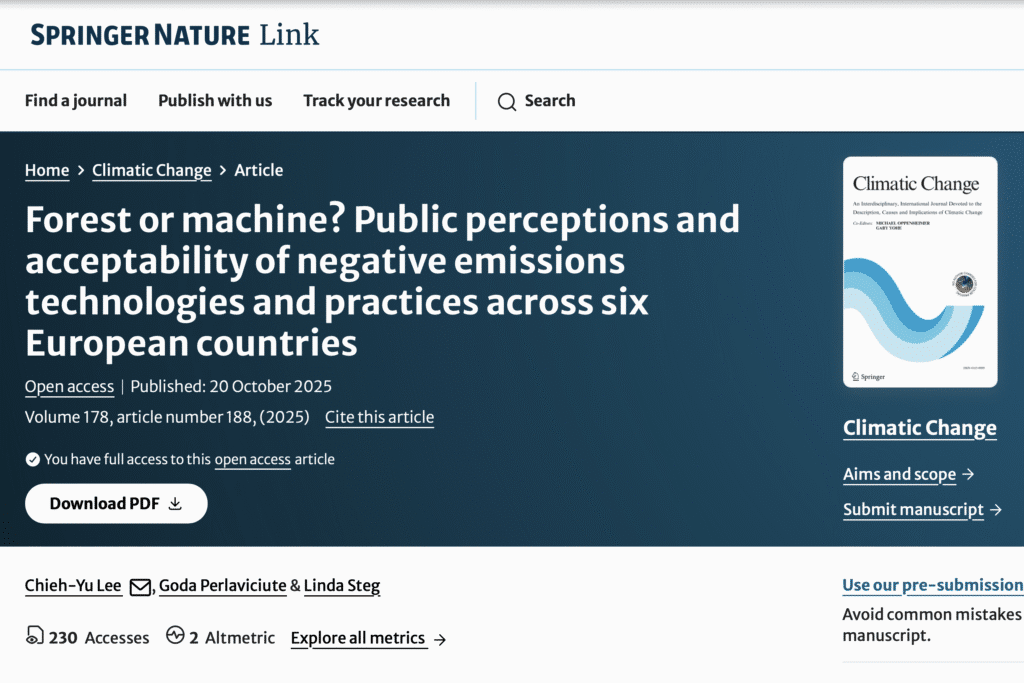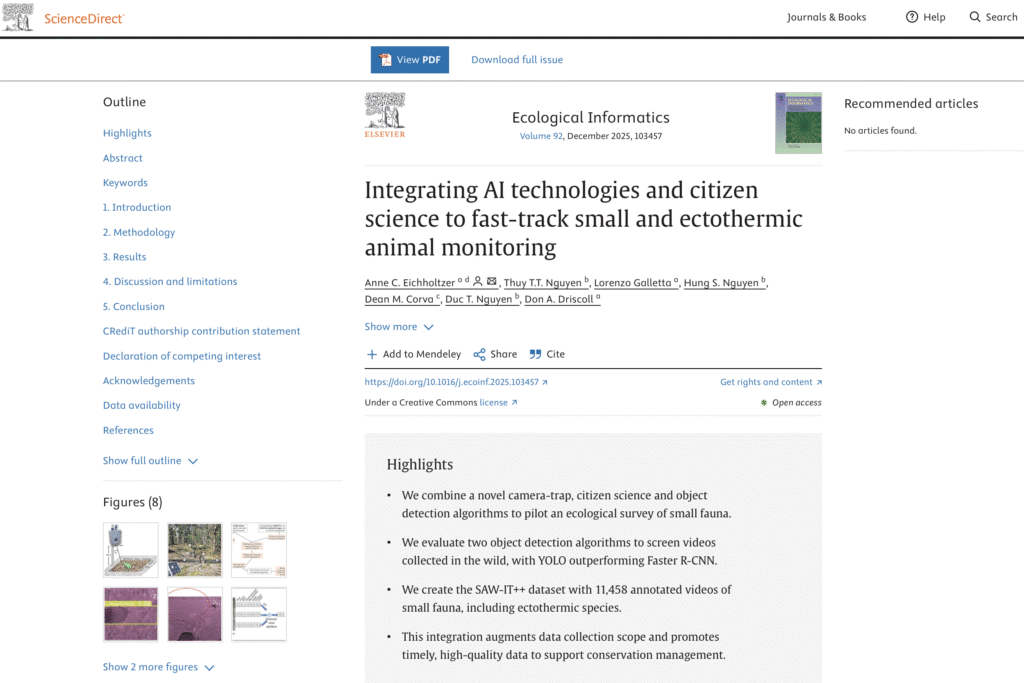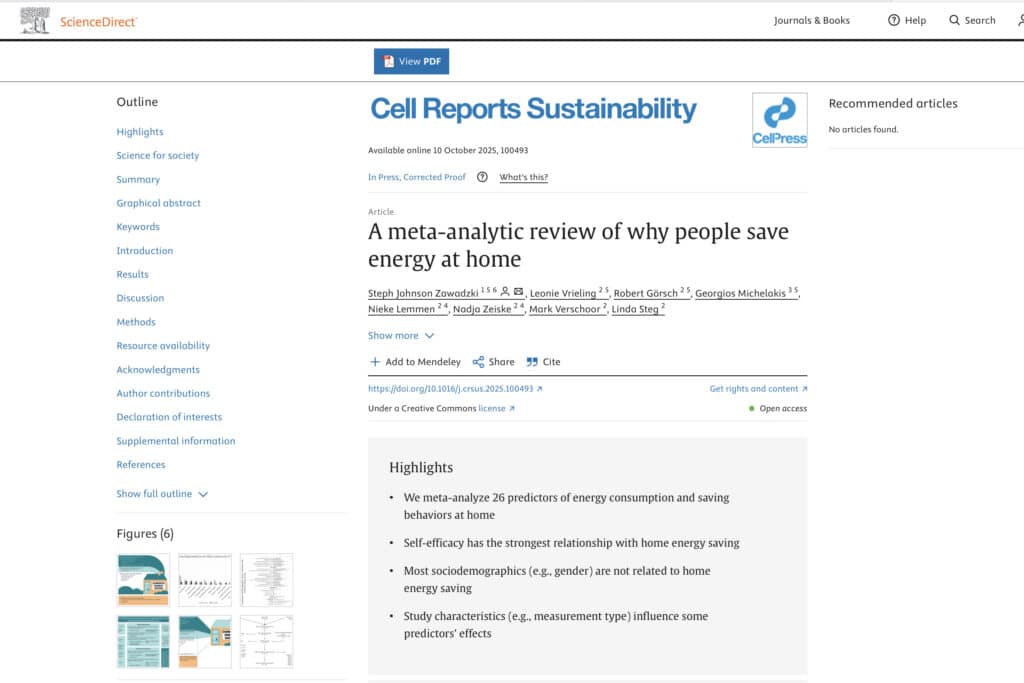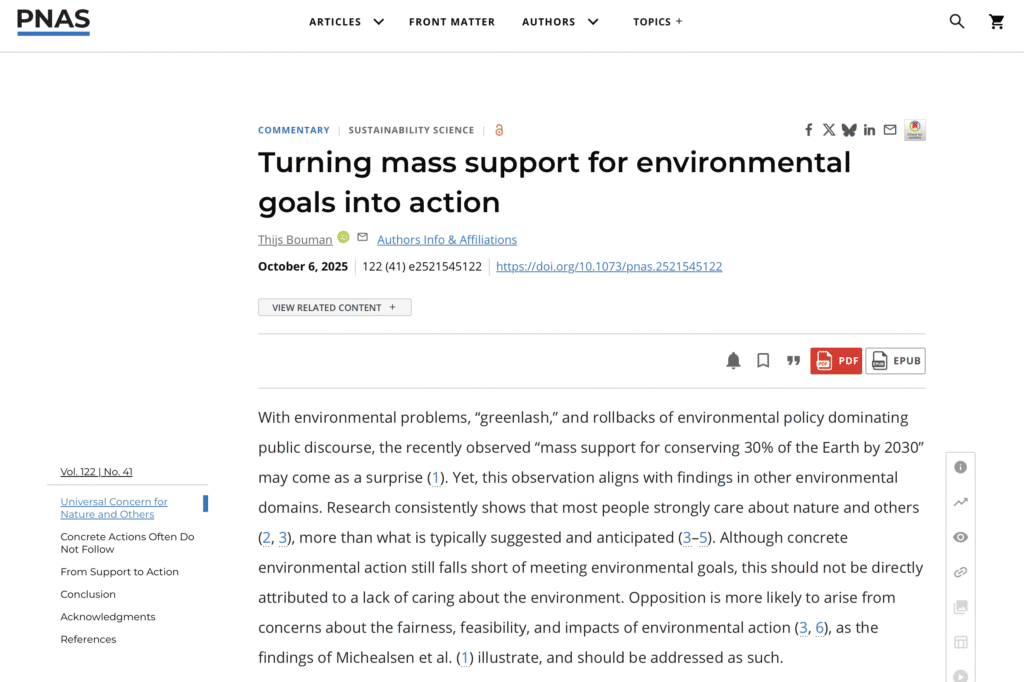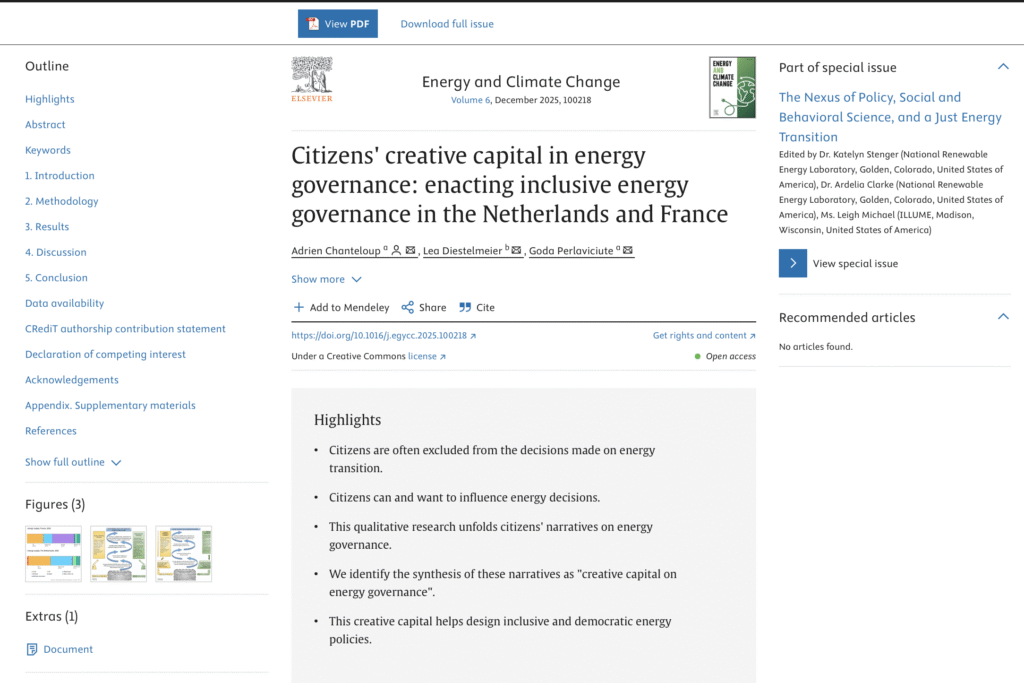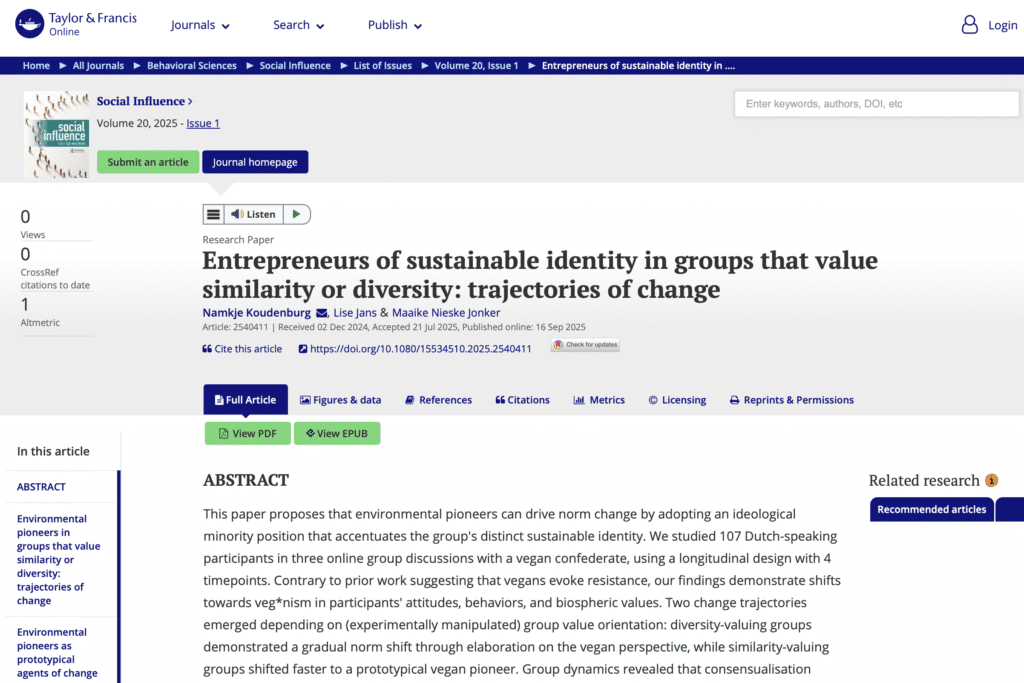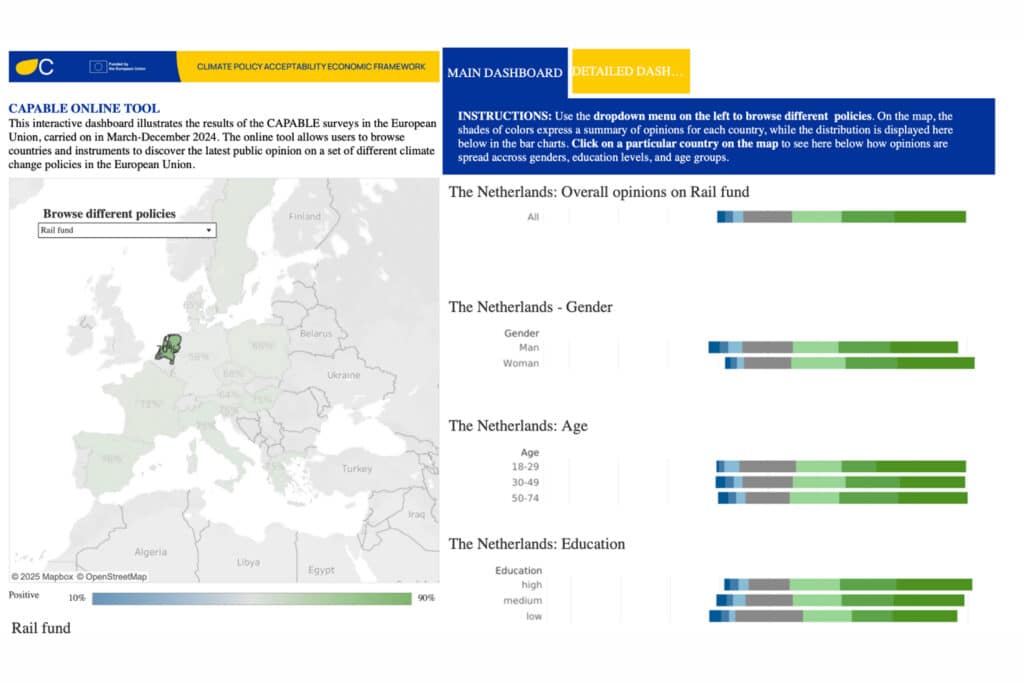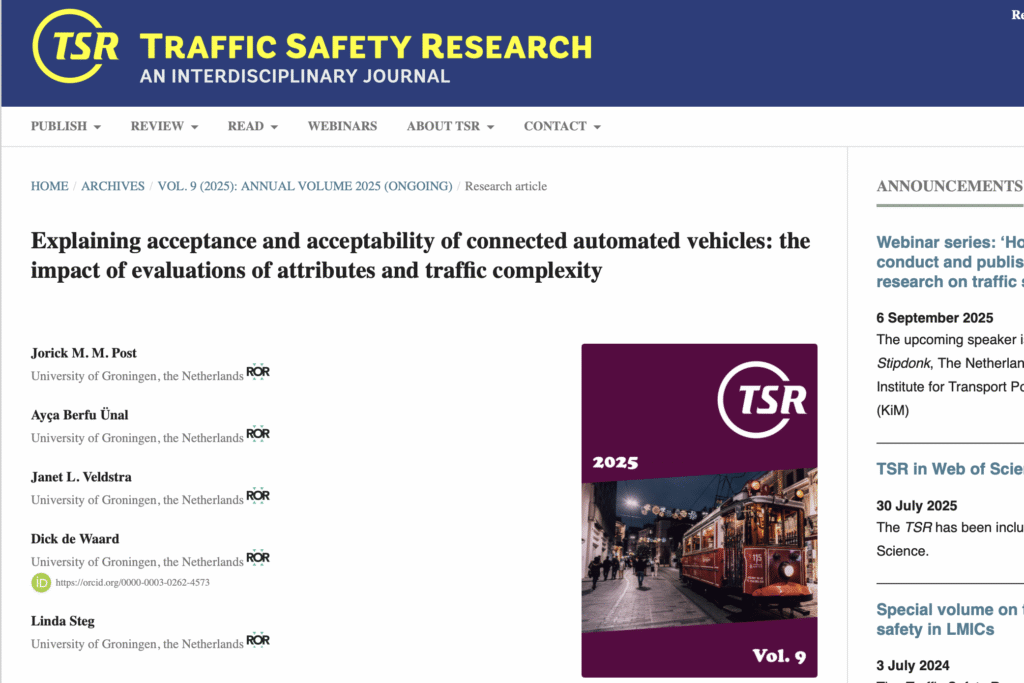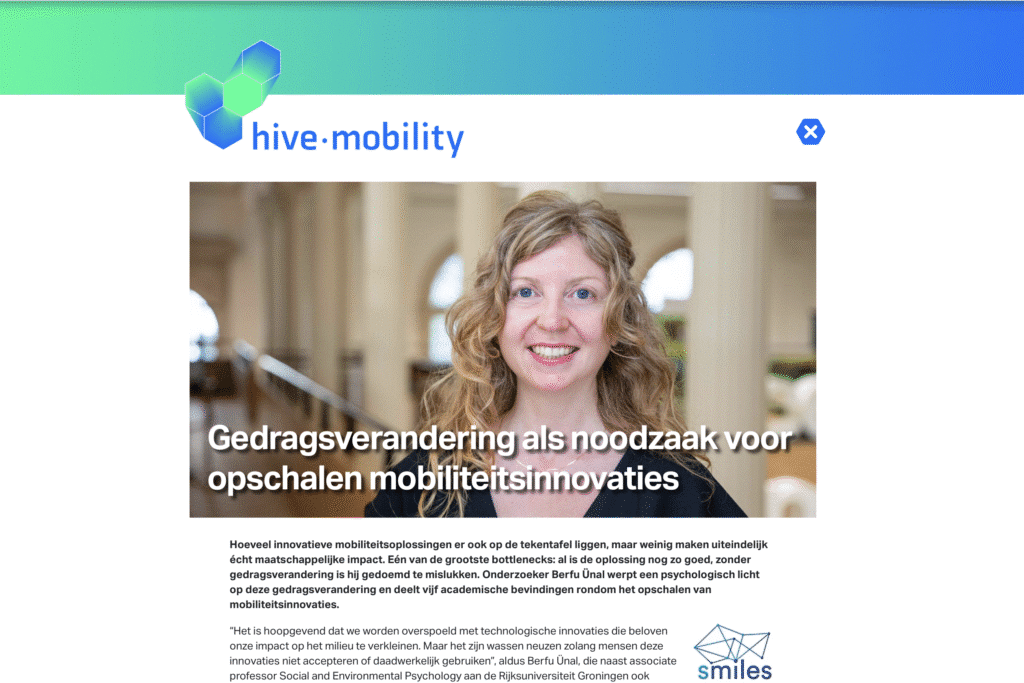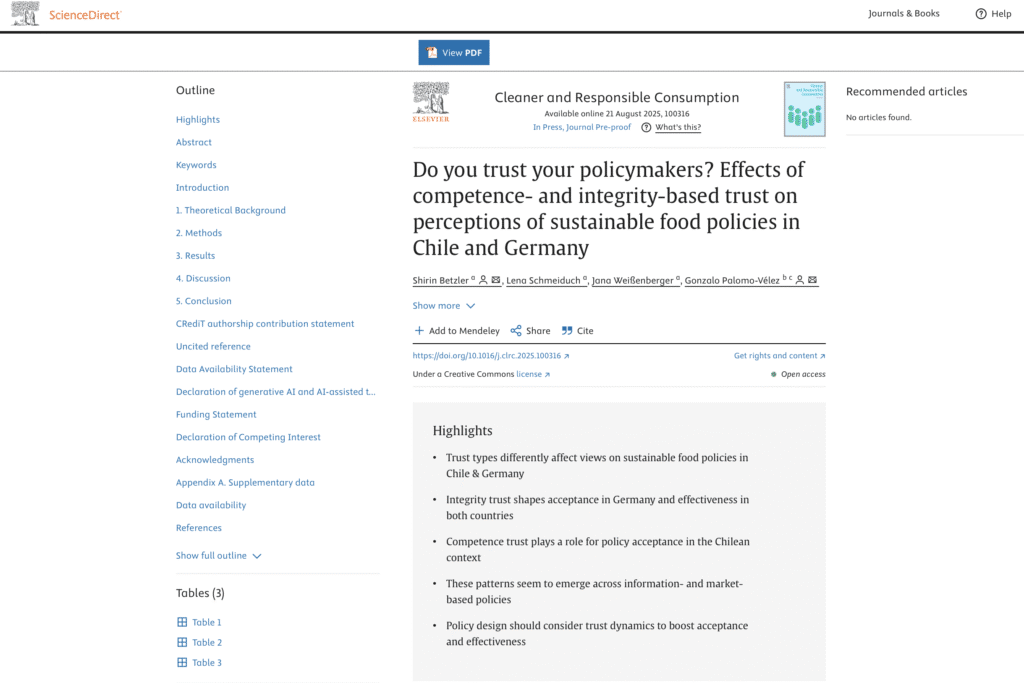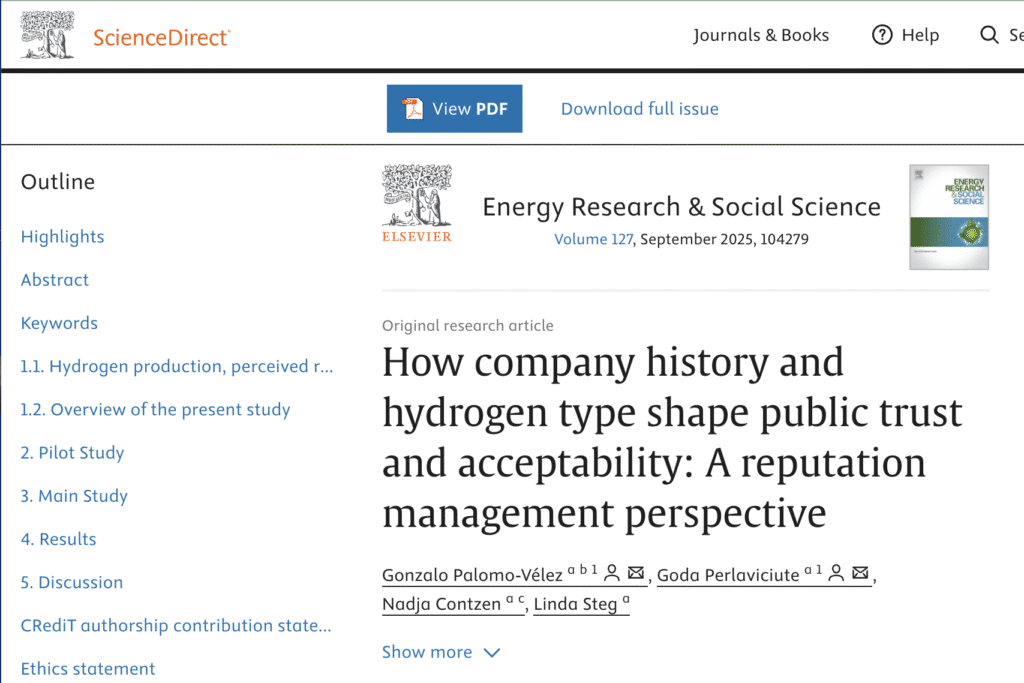Students enrolled in the From Problem Analysis to Intervention Design course this year were faced with a big stinking problem: stopping disposable diapers from winding up in landfills.
By 2030, the municipality of Groningen aims to be 100% waste-free, at which point all waste generated will be reused as raw material. That effectively means eliminating all residual waste from the entire city. Right now, the city reports that between 6 and 11 percent of the waste produced by households is diapers (half of which come from children). That amounts to 12 million diapers, and two million kilos of non-recyclable waste, each year.
In an effort to cut down on diaper waste, the municipality is seeking to motivate caregivers to help kids become potty trained as early as possible. The students in the Understanding Societal Change track of the research master Behavioural and Social Sciences – namely Maria Perivolaraki, Alba Willems, Frank Goetz, George Kitsis, Max Neuhaus, and Sabien Bootsma – were tasked with designing an intervention to facilitate potty training kids sooner.
Diaper dilemma
When it comes to diapers for children, options are limited, with pros and cons for each choice. An assessment by the British Environmental Agency compared the impact of washable versus disposable diapers, and found that it depends on how the cloth ones are laundered. Their environmental impact was lowest when:
- washing them as part of a full load of laundry in an energy-efficient appliance
- hanging them up to dry instead of using a dryer
- reusing them on a second child (or potentially buying used washable diapers)
Washable diapers are, in a sense, a throwback to previous generations. A decade ago, they were mostly available online from a small handful of distributors. Nowadays, washable diapers can be bought at Dutch chain stores like Kruidvat and Hema.
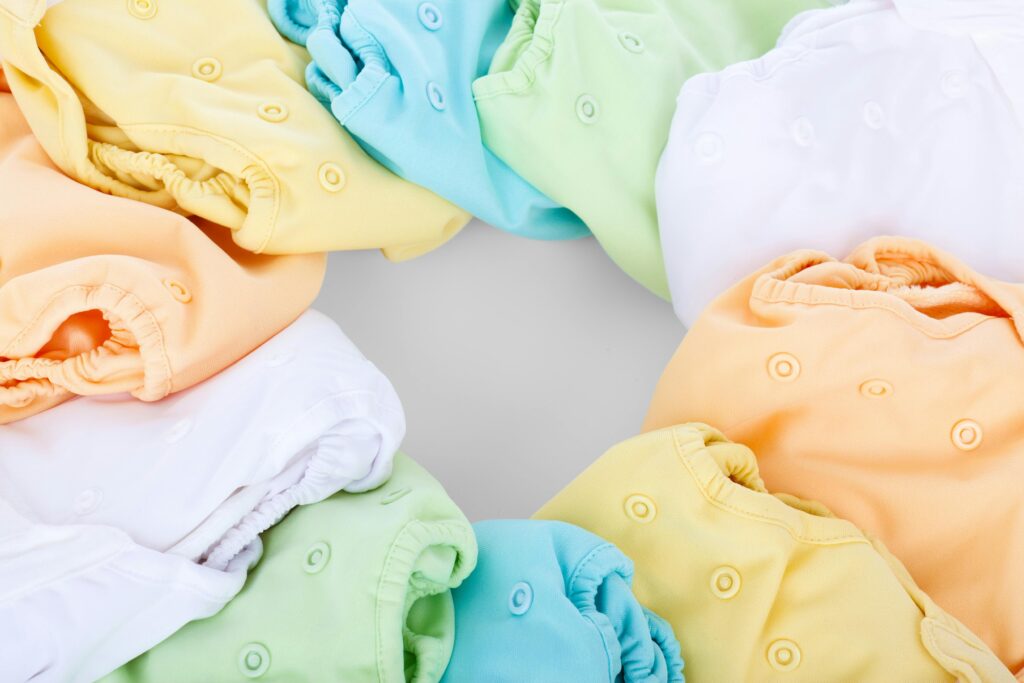
Environmental motivation
Their return to fashion is due in no small part to caregivers seeking a more climate-friendly option for their kids, but that environmental interest coincides with more extreme weather caused by climate change. That means more regions around the world are facing regular droughts, and as many developing nations have unreliable or limited access to clean water and electricity, the amount of washing required for using cloth diapers is a challenge.
In the United States, mass-marketed disposable diapers were first introduced in 1948, and the most popular brand, Pampers, entered the market in 1961. Disposable diapers are made from mixed materials, which are difficult – if not impossible – to recycle. Be that as it may, there are a handful of pilot projects around the world seeking to recycle at least some of the materials, like cellulose fibres, used in the products.
There is also a sanitation argument against disposables: The American Public Health Association reported that human feces in landfills could introduce viruses into groundwater. In developing countries without stable waste management and policies, it is more difficult to dispose of used diapers hygienically, and they end up as unsanitary litter in waterways.
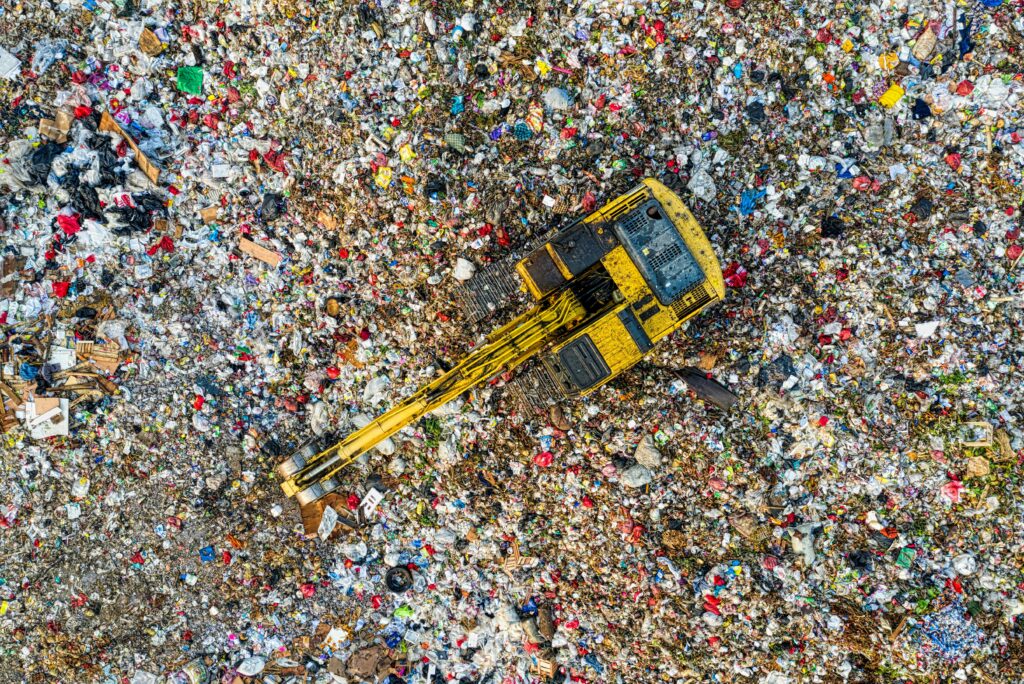
Potty training sooner
Disposable diapers are the most popular choice for babies, and until – or unless – a tipping point occurs and more people opt for reusable diapers, they are still landing in landfills.
With that in mind, the master’s students focused on trying to come up with an intervention to reduce the number of diapers being produced. How? By helping child minders to recognize the signs of readiness to potty train in babies, and to give them more resources to do so successfully.
The students described it as a complex dilemma and sought to design an intervention that was nuanced enough to address people’s different needs and abilities.
Causes for delays
The students analysed the causes of later-than-average potty training, and identified three problems:
- Punitive or coercive training: children are punished or rewards are withheld for not using the potty
- Unnoticed signals: movement control (sense of balance), language skills and expressing interest in using the potty
- Environmental self-identity: the extent to which parents or caregivers care about the environment and want to make environmentally-friendly choices
The intervention they designed included workshops to provide caregivers with practical knowledge, and the GGD (Gemeentelijke Gezondheidsdiensten; Municipal Health Services), which is already a common point of contact for new caregivers, could use their own channels to notify parents about the workshops and other online resources.
Zomaar Zindelijk
The students also analysed the resources currently available on the Zomaar Zindelijk website, which provides potty training tips for caregivers and helps preschool employees recognize when toddlers are ready to transition away from diapers to the potty. They recommended adding more information to directly address the three causes for delays, and using sponsored posts on social media aimed at the target audience. The municipality is also providing E-learning for daycare employees.
“Being met with a real-life problem was an excellent opportunity for us to apply our theoretical knowledge and also witness how research can have implications both within the academic but also the ‘outside’ world”, Maria Perivolaraki and Alba Willems wrote via email on behalf of the group.
The students presented their intervention to stakeholders in the project, namely daycare staff, municipal employees and workers from the Zomaar Zindelijk website, which provides potty training tips for caregivers. “We were even more pleased to learn that a few weeks later, the Municipality began the organization of a toilet-training intervention based on our insights”, Perivolaraki and Willems said.
Zero-waste in 2030
The Zomaar Zindelijk project is just one part of a broader ambition in the municipality of Groningen to reduce our collective carbon footprint – or, perhaps, increase our climate handprint: the city has committed to becoming zero-waste (Afvalvrij) by 2030, and to be a carbon-neutral destination by 2035.
Members of our department regularly collaborate with the municipal and provincial government on green initiatives, such as shared mobility (through SMiLES, a project several of our researchers are working on), public transport (through Groningen Bereikbaar), and climate adaptation.
Disposable diapers aren’t the only personal hygiene products that are hard to recycle and take up space in landfills. In 2023, a majority of parties in the Groningen city council voted in favor of residents using reusable (cloth) diapers – and menstrual products. In May, the city launched a campaign to provide free reusable period products for people to test out and consider switching away from disposable tampons, pads and liners.
R-ladder
Other projects in the Afvalvrij 2030 campaign are focused on different aspects of the so-called “R-ladder”. The three steps most people are familiar with are reduce, reuse and recycle, but other options include:
- Refuse and rethink
- Redesign
- Repair
- Refurbish
- Remanufacture
- Repurpose
- Recover
In general, the city is trying to raise awareness among residents about how much waste they are producing, and educate them about ways to reuse the products and materials we have in our homes, such as visiting one of the repair cafes offered in neighborhoods around town (albeit usually once a month during limited hours).
Other projects include:
Afvalvrijdag: sharing ways to achieve a zero-waste society every second Friday of the month
Hout van hier: using timber from tree stumps sustainably
Gronings Goud: yarn locally produced from old textiles
Grondstoffen catalogus: a portion of waste (like tires and styrofoam) from the city is made available for new processors
Groningen Schoon Dankzij Mij: activities for residents, schools and associations focused on the importance of a clean living environment, such as environmental education (measuring trash and theater performances for primary schools), hosting group clean up days, renting out containers for bulky waste that won’t fit in normal bins to make it easier for people without cars to dispose of them, and volunteers to keep waterways and public spaces litter-free
Most of these projects are featured on Duurzaam Groningen, a knowledge platform with tips for ways to make and do all kinds of things greener which was launched in June 2022. The site focuses on themes of how to be more sustainable at home, in our gardens, in our waste habits, in our diets, what modes of transport we use, and how we shop.
Photos courtesy of Pexels
cover photo: Polina Tankilevitch
cloth diaper photo: public domain pictures
landfill photo: Tom Fix


